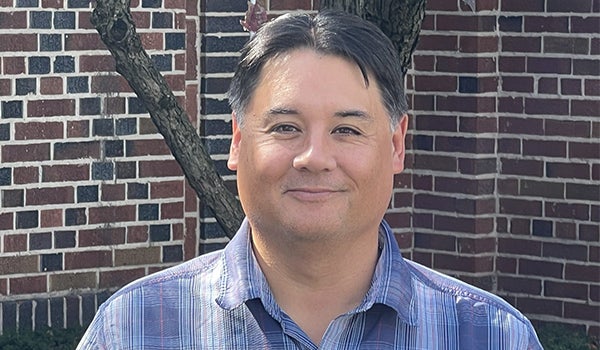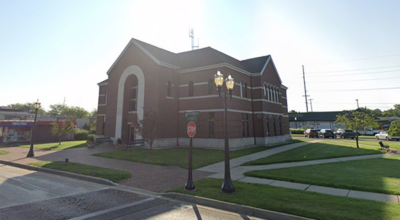Tobias: Let’s hope Michigan does better to reduce alcohol problems in 2024
Published 12:00 pm Wednesday, January 17, 2024

- Mike Tobias
|
Getting your Trinity Audio player ready...
|
By Mike Tobias, Michigan Council on Alcohol Problems
Michigan is the best state in the country and we know that Michigan can do more to keep our residents healthier in 2024.
The economic costs of excessive alcohol consumption for Michigan in 2010 (most recent data available) was over $800 billion. This equates to over $800 per person.
In 2022, of the 1,053 fatal crashes that occurred in Michigan, 301 (28.6 percent) were alcohol-involved, with at least one drinking operator, bicyclist, or pedestrian.
According to TEDS data, primary alcohol admissions in Michigan for people aged 12 years and older was 24,768 in 2010 and in 2020 this increased nearly 7 percent to 26,422. And more people were in treatment for alcohol use disorder than for any other drug.
In 1980 there were 666 total deaths attributed to alcohol and In 2021 total deaths were 1,742. This is an increase of over 160 percent.
Michigan’s response to increased alcohol-related harms has been to increase access and availability of alcohol. In July, Michigan passed Public Act 96 which allows public universities to sell alcohol in sports stadiums and passed Public Act 95 which made cocktails to go permanent, despite the sunset allowing cocktails to go until 2026. In October, the Michigan Liquor Control Commission (MLCC) granted a liquor license to a laundromat. Then in November, Public Act 183 was passed. This allows a manufacturer or supplier to offer electronic rebate coupons directly to a retail customer after the retail customer purchases alcoholic liquor from a retailer thereby reducing the price of alcohol.
These are just a few examples of increasing the availability of alcohol. Who knows what is next? Will the MLCC start licensing hardware stores, pet stores, and ice cream shops? By allowing more and more places to sell alcohol, an expectation is created that alcohol is appropriate everywhere and goes with every activity. This is the wrong message to send to our children. Recently, Matt Statman, manager of the University of Michigan’s Collegiate Recovery Program, commented in a news article that “it’s important to have recovery-friendly spaces and spaces where fun can be had without alcohol.” We agree with this 100 percent.
Two evidence-based policies that support a reduction in alcohol-related harm and death are:
- Increase alcohol taxes. Alcohol taxes have been frozen for decades in Michigan and are not indexed to inflation. Raising alcohol taxes would reduce alcohol related deaths and injuries and could raise revenue for prevention, treatment, or recovery support services.
- Lower Michigan’s BAC (Blood Alcohol Content) limit to .05. Over 100 countries have a BAC limit of .05 or lower. Utah was the first state in the country to lower its BAC limit and as a result, they have seen a 20 percent reduction in alcohol-related crashes and fatalities.
Too many people are needlessly dying from alcohol misuse. In 2024, we would like to work with the Michigan Liquor Control Commission and the Legislature to turn these sobering statistics around and protect our residents from alcohol-related harm.
Mike Tobias is the president of the Michigan Council on Alcohol Problems, a nonprofit striving to educate the Michigan community about the risks of alcohol abuse. He is the Coordinator for the Michigan Coalition to Reduce Underage Drinking (MCRUD) and has been employed with Prevention Network since June 2010. Tobias has been in long term recovery for more than 20 years, has a Bachelor’s Degree from the University of Michigan, and is a certified prevention consultant.






